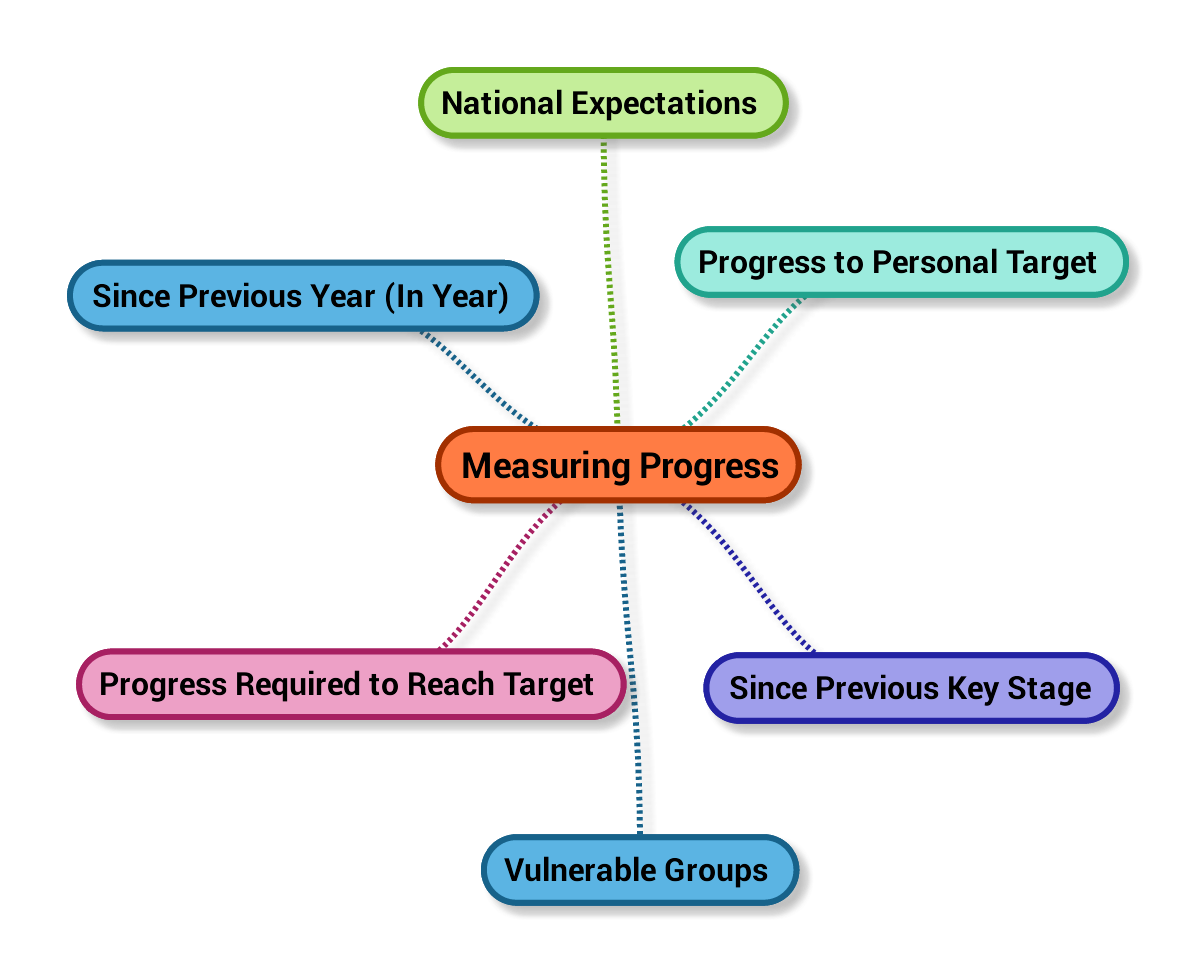We are living in a technological age where the notion of the Flipped Classroom is no longer a new one, lots of our pupils learning takes place in an online environment. Pupils as young as 5 are familiar with a range of technology from 'Apps' on their tablets to learning platforms such as Mathletics and Reading Eggs. Pupils in Primary schools will, under the new curriculum, be taught 'coding'.
There is lots of debate about the positive and negative aspects of technology:
- Knowledge - The amount of information literally at your fingertips is amazing! If a child is curious about anything, there is a wealth of information online. They can see animals in their natural habitats with web cams and even watch things happening in space – live. Such access can really feed a love of learning
- Connections - Besides connecting with particular interests technology allows our pupils to connect with pupils in schools around the world. Programs such as Skype can allow “face to face” visits with anyone from anywhere in the world
- Online learning - There are a wide range of websites and apps to practice maths, reading, and writing skills. Many activities online encourage problem-solving and collaboration with others Minecraft is hugely popular and has so many educational uses from reading, writing and maths to history.
- Too Much Screen Time - Spending excessive time in front of a screen is detrimental to a child’s health and well-being, according to many paediatric experts.
- Isolation. As “connected” as we are in our tech-savvy society, sometimes it seems the connections are shallow and void of real relationship. Sometimes it seems we are each wrapped up in our own electronic world, a culture of cocoons
- Cyber Danger. While rare, there is danger to children from cyber predators. Being flippant about personal information and technology can mean someone knowing exactly where your child is and what they are doing
I am a lover of all things technical and use technology as a tool in my teaching everyday. I try to prepare the pupils in my class for the technological world that they live in now and will certainly live in in the future. But there are a few things that I know technology in education cannot provide for our pupils:
Using and Applying - Doing hands on work, our pupils get a better grasp of concepts that we are trying to teach. Using technology only enhances the hands on experience; it does not and cannot replace 'doing it'.
Collaboration - Working collaboratively goes hand in hand with Using and Applying but adds into it that Human Interaction that can enhance any learning experience. We learn so much from our peers some of which are not the measurable by 'Ofsted' such as Social Skills, turn taking, listening to the views and opinions of others, how to communicate with each other.
'Learning experiences are far more important than learning outcomes'
Perhaps the future lies in Blended Learning which for older pupils at least provides a blend of face to face teaching with online learning. One thing is for sure teachers cannot afford to be complacent. Teachers will never be out of work but they need to keep their technological skills up to date.
'New types of learning activities challenge our thinking as to how learning might be facilitated, creating new etiquette's of learning and teaching, and shifting the locus of control from the teacher to the learner. (Littlejohn and Pegler, 2006)'






















